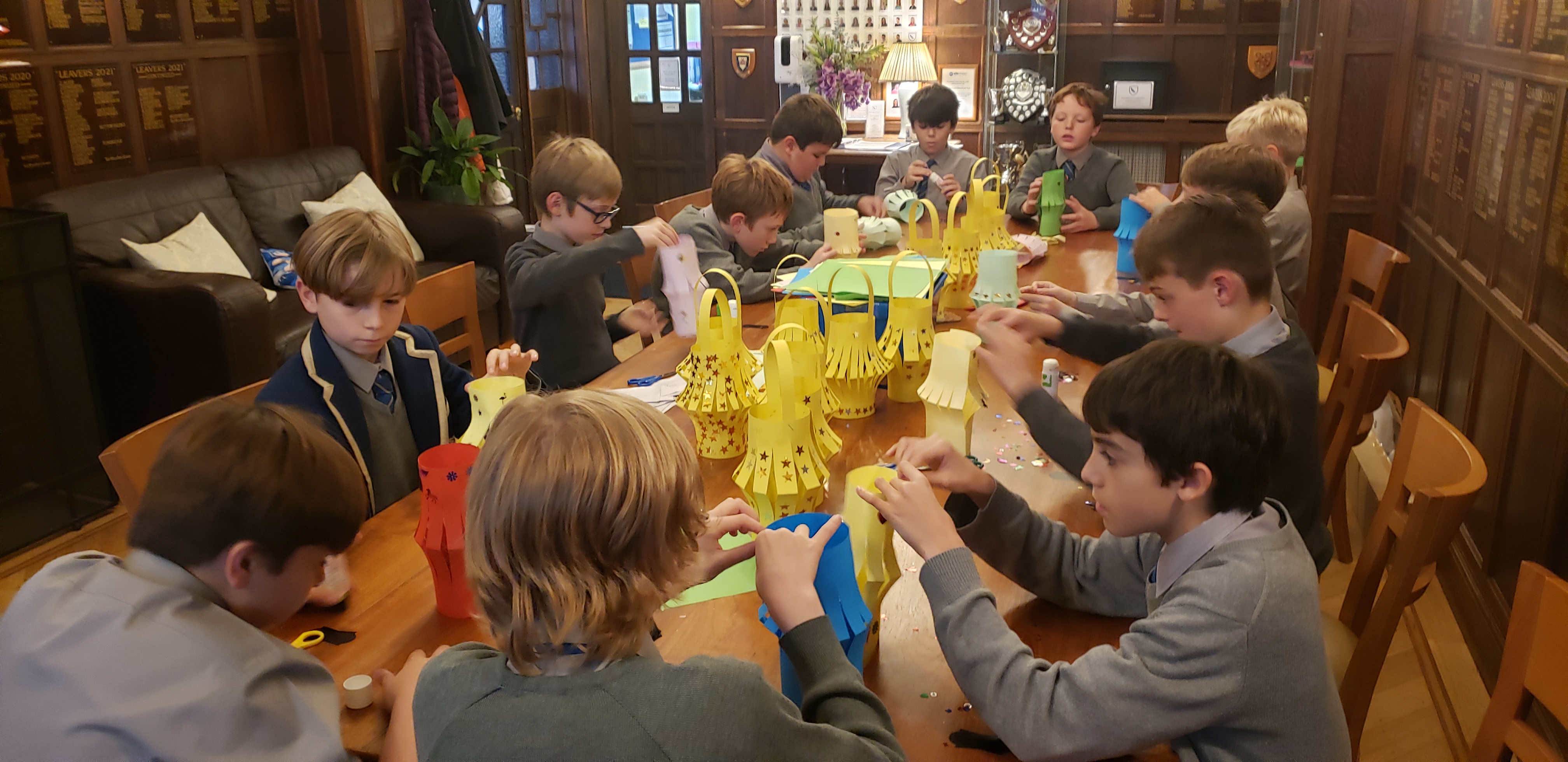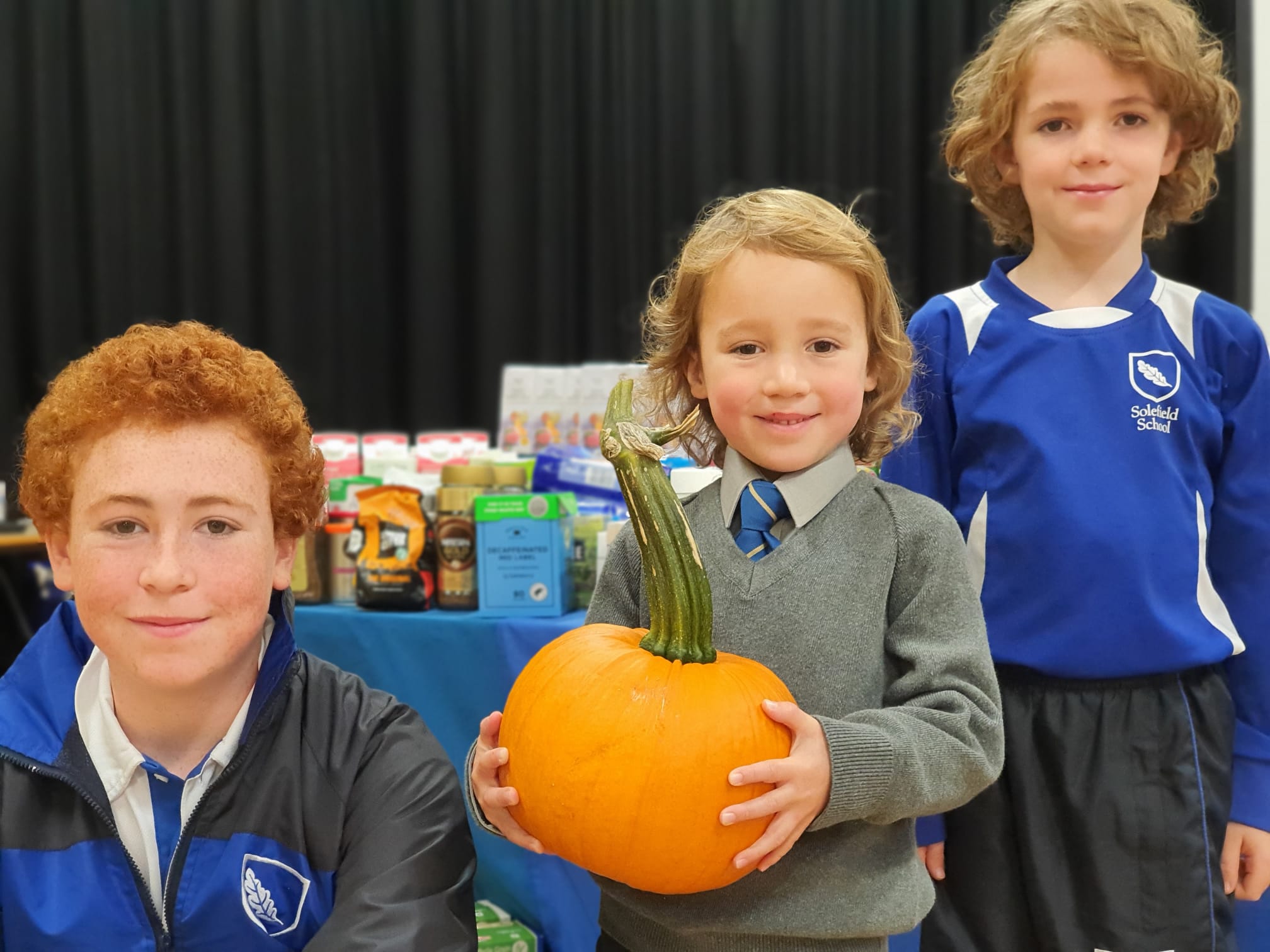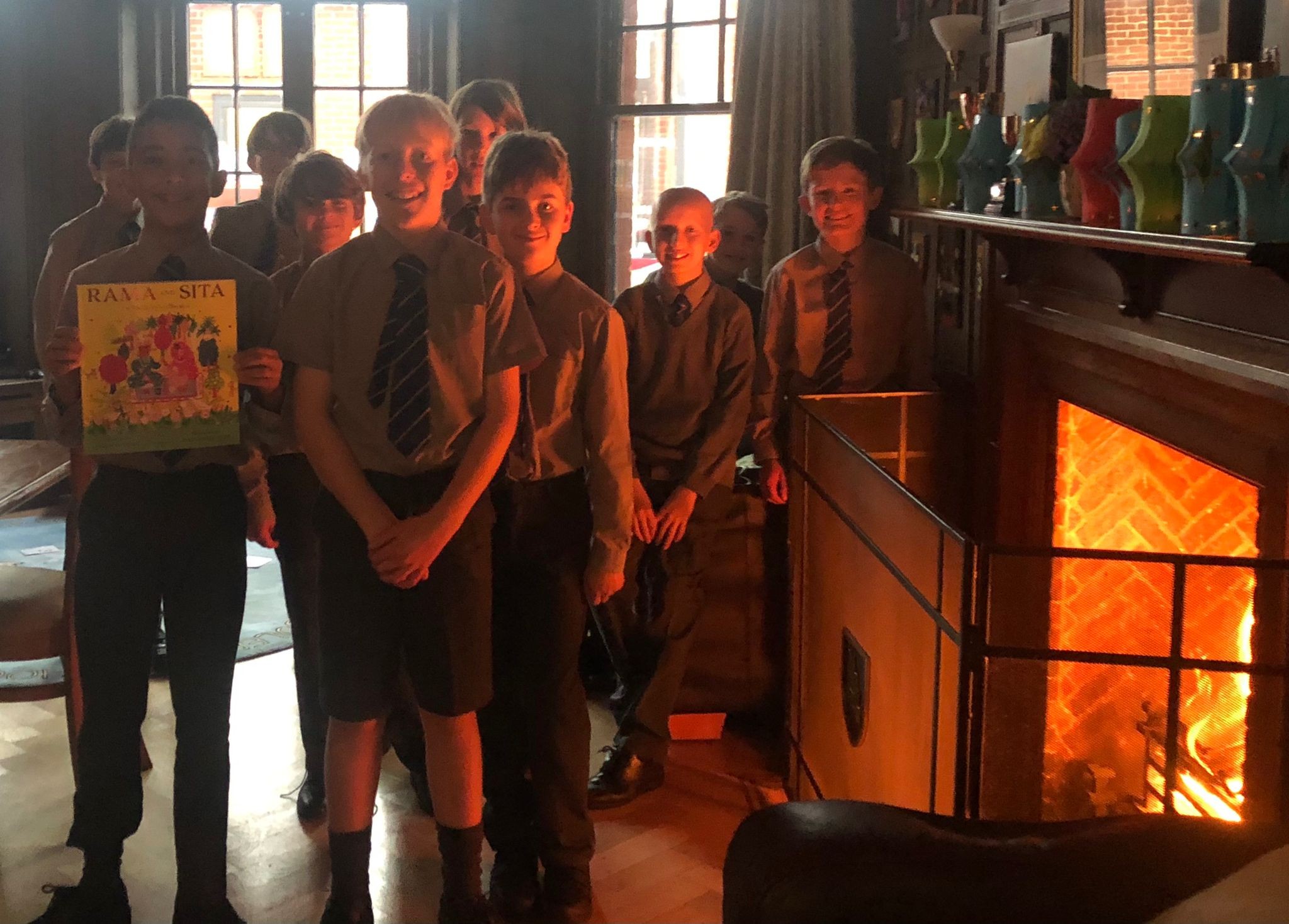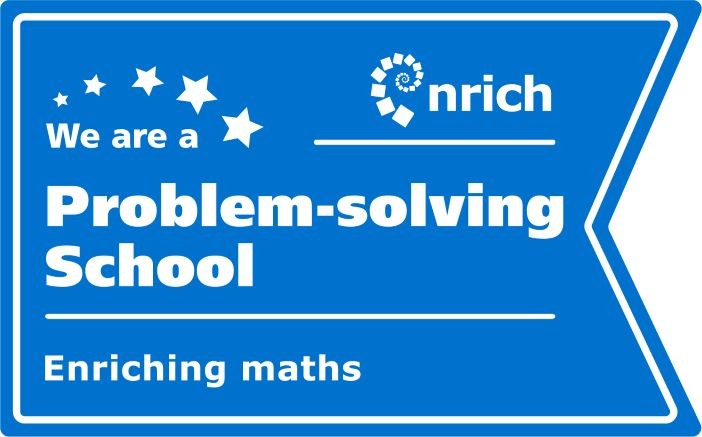This week at Solefield is our celebration of Diwali, a yearly festival celebrated by millions of people around the world. Hindus, Sikhs, Jains and other religions come together for five days in Autumn to take part in this ‘festival of light.’
The festival originated in India and it marks the beginning of the New Year. It’s an official holiday for multiple countries, including India, Fiji, Nepal, Sri Lanka and Singapore.
The five-day celebrations fall on different days every year because Diwali coincides with the Hindu lunar calendar. Traditionally, it takes place in either October or November.
Diwali is known as the ‘Festival of Lights’ because millions of people light small oil lamps and place them in houses, gardens, roofs and more. These are called diyas and light the way for the Lakshmi - an Indian god - to enter people’s homes. Our pupils will be making their own ‘divas’ to bring home and then enjoying hearing the story of Rama and Sita in front of the open fire in the Old Library, maybe with some sweet treats!

As pupils make their divas, they will learn about Diwali and hear from pupils who celebrate this with their families. In RSHE, pupils will be discussing times when they have done something good to help another and the older boys will be tying this in with COP26 and the responsibility that we have to look after earth and our natural resource for future generations.
Whether they relate to rites of passage, the seasons, living things or revered objects, such festivals and celebrations play a highly significant role in the lives of many children worldwide, as part of their developing life in the family, community and wider society, nurturing their sense of identity, values and beliefs.
Festivals and celebrations support children’s learning and development in beginning to understand the commonalities of human values that are shared by all cultures and religions. They help children understand one another’s cultures and beliefs in a world that is diverse and vibrant.
Children learn that festivals are a way to show our love for one another, for example, by caring and sharing, preparing special food and by exchanging gifts. In the context of receiving and giving gifts, children can come to understand that families think about making others happy by taking the time to choose appropriate presents.
Another valuable lesson in this context is that of voluntary service and charitable giving – people thinking about others outside of their family circle who might need practical or financial help. This could include visiting elderly people and also giving them harvest foods, giving poor people Zakat-ul-Fitr (money) at Eid-ul-Fitr, and helping others in need through our various charitable activities.

Through religious festivals, children can also learn that families of different religions may pray at home and attend places of worship where they meet other people to pray, to thank their god for everything in the world, and to think about how to be kind to one another. Children can relate to the events told in these stories and also to the moral of a story.
Many festivals are perfectly attuned to children’s sense of wonder at the natural world and their need to sometimes be tranquil. Many stories told at festival time emphasise a reverence for nature, for example, the story of the early life of the Buddha at Wesak, the Jewish Springtime festival of Tu b’shevat, the New Year for Trees and World Environment Day on June 5th.
Such stories are ideal for giving children opportunities to be curious, enthusiastic, engaged and tranquil, so developing a sense of inner-self and peace.
Celebrations are ideal for encouraging children to look for, and to talk about, kindness in others, and to celebrate one another’s achievements. This is done at Solefield though festivals and also at birthdays, Mothers’, Fathers’ and Grandparents’ Day, and even in circle time.
By explaining to others how they celebrate a particular festival or take part in a celebration, a child’s self-confidence and self-esteem is developed, and awareness of, and respect for, others’ beliefs is nurtured.
A sense of the passing of time in relation to festival seasons is also developed, and children can use all of their senses when finding out about, and making their own different festival foods, fabrics and artefacts. They also express their ideas and feelings about festivals and celebrations in a variety of creative ways, including music, dance and role-play.
By offering children the opportunity of sharing the joy of others’ festivals and celebrations, we can give them a gateway into a world of mutual understanding and shared human values.

Mrs McClure
Headmistress








